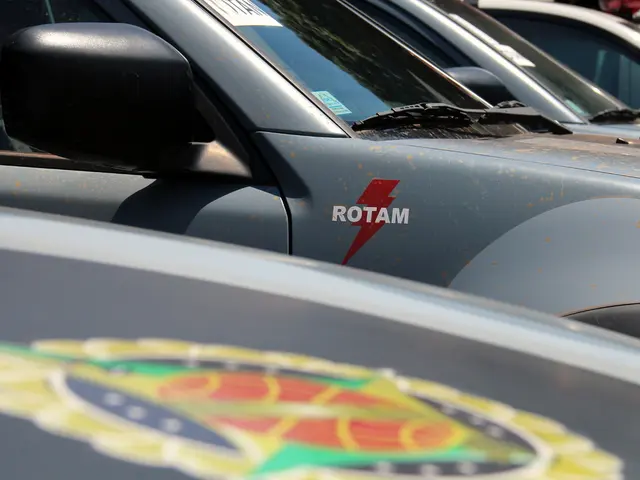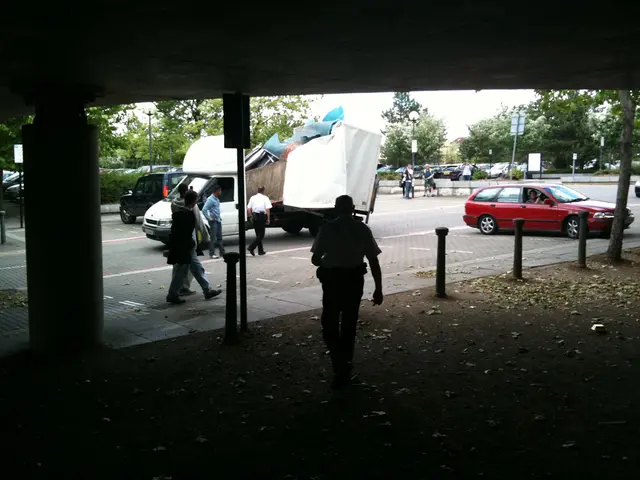Riding the Wave of Change: Deutsche Bahn's Refreshing Rail Empire
High-speed trains receive their inaugural advanced ICE model
Deutsche Bahn is ditching the ancien régime of its long-distance trains and embracing the future with new ICE L models. As part of a broader strategy to revitalize its fleet and fortify rail services, Deutsche Bahn is also acquiring additional trains from manufacturers like Siemens and Talgo. This overhaul targets the problems besieging Germany's rail network that has been creaking under pressure for quite some time now.
The Case for Banishing Old Trains
- Renovating the Infrastructure: The German rail network is in dire need of an update, including renovations and repairs to damaged assets to keep pace with modernized tracks.
- Maximizing Efficiency and Capacity: New trains like the ICE L and ICE 3neo boast enhanced performance and passenger comfort, delivering efficient services on refurbished tracks and elevating overall service quality.
- Embracing Ecological and Technological Progress: Modern trains offer improved environmental performance and cutting-edge technologies that align with contemporary transportation demands.
New ICE L Trains Emerge
- Talgo Trains: Deutsche Bahn has opted for an additional 56 Talgo trains, valued at €1.4 billion. These ICE L trains are tailored for non-electrified lines, providing a viable alternative to traditional electric trains.
- European Connectivity: The new trains are crafted for interoperability across various European countries, increasing the network's flexibility and span.
Pro Bahn's Misgivings
Pro Bahn, a German passenger association, may share worries akin to those of other passenger groups about the modernization process, although precise details regarding Pro Bahn's perspectives are not available. Typical concerns in these situations are:
- Service Interruptions and Quality: The transition phase may yield service disruptions, such as decreased frequencies or extended travel times, leading to passenger dissatisfaction.
- Sustainability and Accessibility: Concerns might arise about whether the new trains meet environmental and accessibility requirements.
- Cost and Financing: Funding large-scale modernization projects requires substantial investment, which can generate debate about financing priorities.
Given Deutsche Bahn's history of communication flaws and service shortcomings as reported by passengers [1][4], it's reasonable to expect that Pro Bahn would voice concerns on these matters during the transformation. However, specific details about Pro Bahn's reservations are not present in the gathered information.
- In light of Deutsche Bahn's refreshing rail empire overhaul, community policy discussions may include considerations for vocational training programs in the railway industry, aiming to ensure a skilled workforce to maintain the newly acquired trains.
- As Deutsche Bahn invests in new automotive transportation solutions like the ICE L trains, financial institutions might be expected to provide investment opportunities and funding, facilitating the modernization process while ensuring profitable revenues from the improved services.








